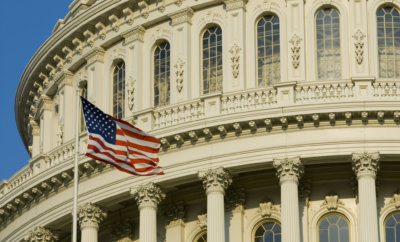Education
U.S Plans Stricter Steps Against Foreign Students Overstaying Visa Tenure

Representational Image
Photo: Bigstock
The U.S. administration will start counting the unlawful presence from the day a student fails to maintain immigration status.
The United States administration is planning to enforce stricter measures against students and exchange visitors who overstay their visa in the country.
As per draft policy issued on May 11, the U.S citizenship and Immigration Services (USCIS) will start counting the unlawful presence from the day a student fails to keep the immigration status — which includes the day the student stops studying the course, or if the student’s program, and the grace period given, is over, among other criteria.
Earlier, those holding F, J and M visas started accruing unlawful presence from the day the U.S. administration formally found the violation. After the policy change, the USCIS will count the length of unlawful presence based on the number of days since a visa holder’s status has lapsed in the United States.
The USCIS has proposed that individuals who have accrued more than 180 days of unlawful presence during a single stay, and then depart, may be barred from admission to the country for three- to 10 years. Individuals who have stayed unlawfully for more than one year, whether in a single stay or during multiple stays in the United States, may be declared permanently inadmissible, according to the new policy.
The policy, which aligns with U.S. President Donald Trump’s plans to strictly enforce the immigration laws of the country, will come into effect from Aug. 9, the agency said in a statement.
A grace period of 60 days is granted to F-1 students after they complete their studies in order to change their status, for instance, to a work visa, or to return to their countries.
“USCIS is dedicated to our mission of ensuring the integrity of the immigration system. F, J, and M nonimmigrants are admitted to the United States for a specific purpose, and when that purpose has ended, we expect them to depart, or to obtain another, lawful immigration status,” USCIS director L. Francis Cissna said in a statement. “The message is clear: These nonimmigrants cannot overstay their periods of admission or violate the terms of admission and stay illegally in the U.S. anymore,” Cissna added.
USCIS describes F, J, and M nonimmigrants as foreign nationals who are residents of a foreign country and are seeking temporary admission to the United States.
Those subject to three-year, 10-year, or permanent unlawful presence bars to admission are generally not eligible to apply for a visa, admission, or obtaining permanent residence, unless they are eligible for a waiver or are given a relief by the U.S. administration, the statement added.




You must be logged in to post a comment Login